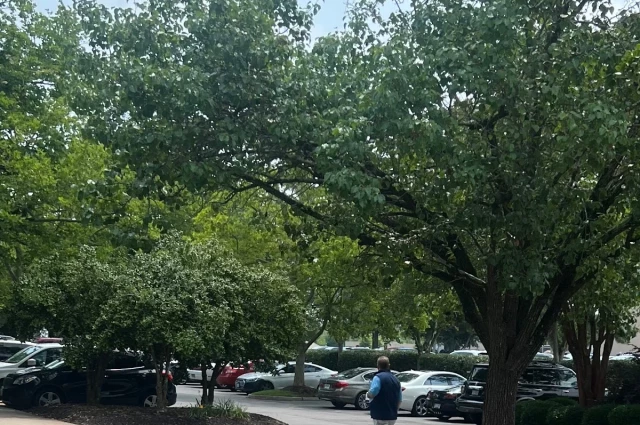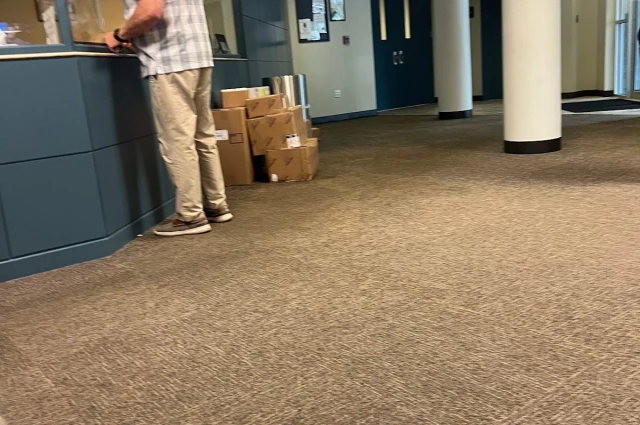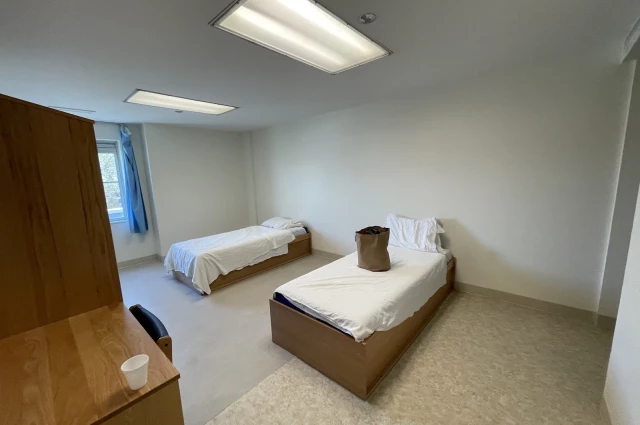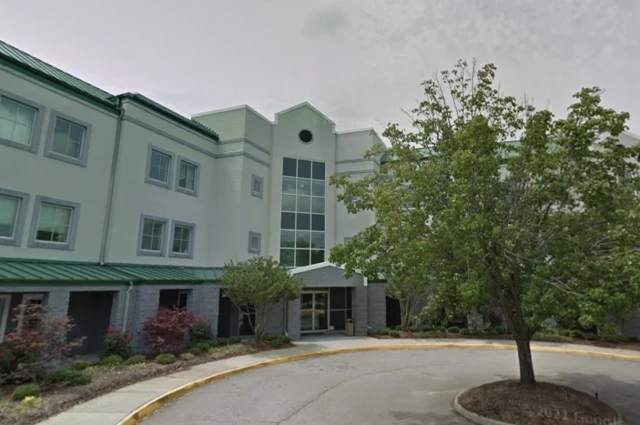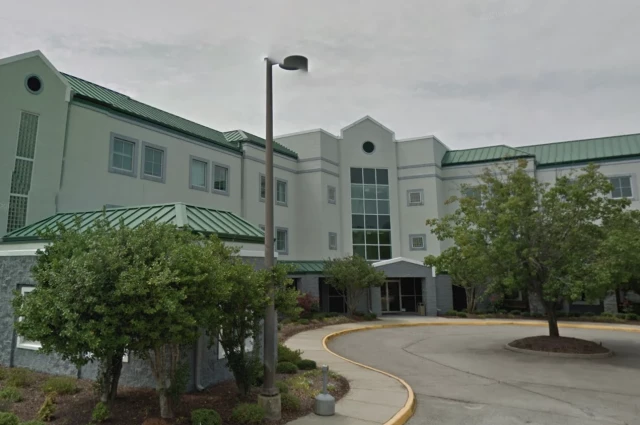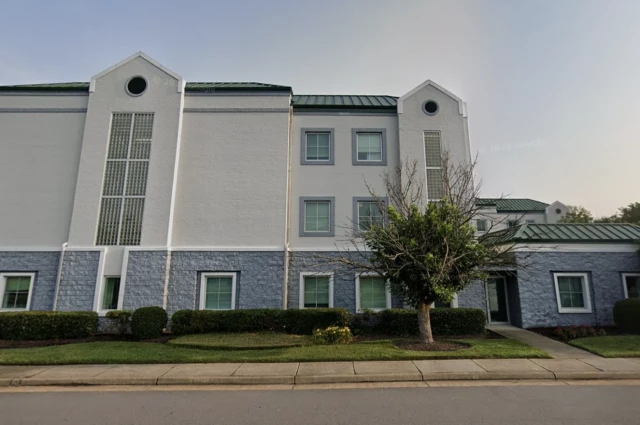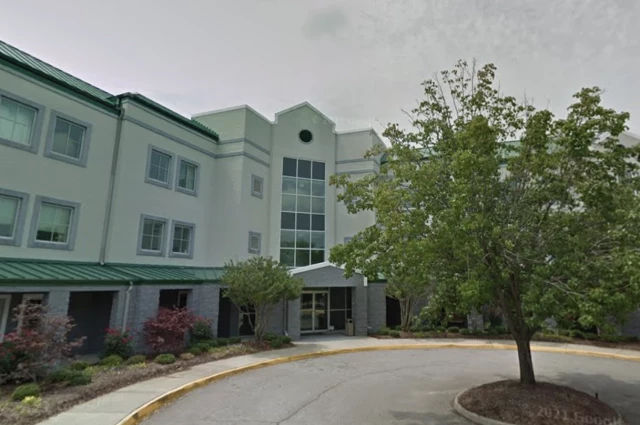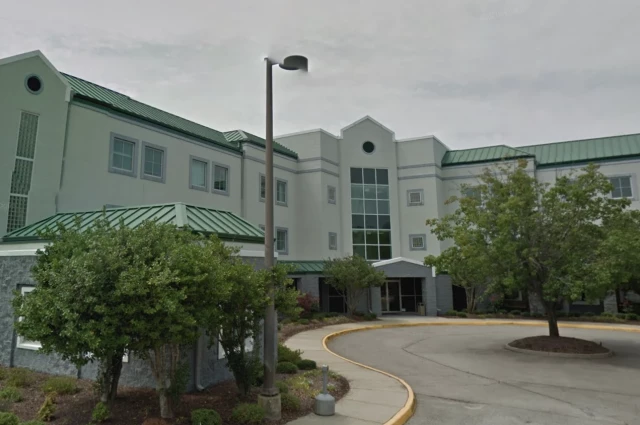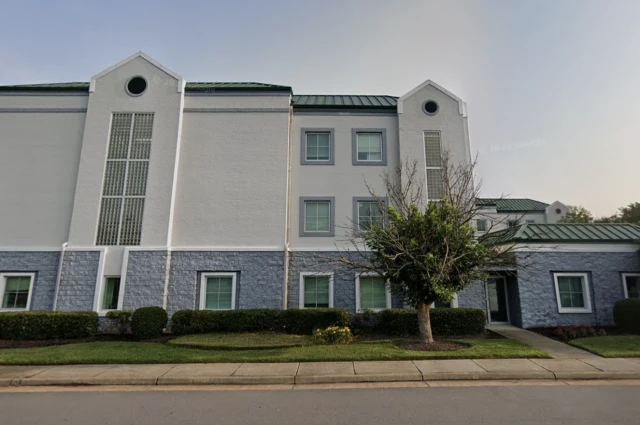Virginia Beach Psychiatric Center Information
Treatment
Who We Treat
- Male and Female
Treatment Focus
- Anxiety
- Schizophrenia
- Drug Addiction
Approaches
- Individual Treatment
- Evidence-Based
- Family Involvement
- Family Therapy
- Group Therapy
- Holistic
- Cognitive Behavioral Therapy (CBT)
- 1-on-1 Counseling
Conditions We Treat
- Depression
- Anxiety
- Bipolar Disorder
- Psychosis/Schizophrenia
- Schizophrenia
- Bipolar
- Co-Occurring Disorders
Substances We Treat
- Alcohol
Languages
- English
Aftercare
- Discharge Planning
- Outpatient Treatment
Level of Care
- Outpatient
- Day Treatment
- Outpatient Detox
- Detox
Experience
Personal Amenities
- Private or Shared Rooms
- Air-Conditioned Rooms
Special Considerations
- Wheelchair Accessible
- Family Program
Smoking and Vaping Policy
- Smoking Not Allowed
- Vaping Not Allowed
Accreditations
-
SAMHSA certification for opioid treatment program (OTP)
Accreditation by the Substance Abuse and Mental Health Services Administration (SAMHSA) for Opioid Treatment Programs (OTPs) signifies that a program has met strict standards for providing high-quality care to individuals with opioid use disorders. It assures patients, families, and communities that the OTP follows evidence-based practices, employs qualified staff and maintains a safe and effective treatment environment. This accreditation reflects the program's commitment to addressing the opioid epidemic and promoting recovery.
-
State mental health department
State mental health department accreditation refers to the process of evaluating and certifying the quality and standards of a state's mental health department, ensuring that it provides high-quality services and meets specific criteria for mental health care. The accreditation process is performed by a third-party organization and helps to improve the overall care and treatment of individuals with mental health conditions.
-
State department of health
Government agencies issue State Licenses, which grant rehabilitation organizations permission to conduct their operations lawfully within specific geographic regions. Licenses needed to operate are typically determined by the type of rehabilitation program offered by the facility and its physical location.

-
Hospital licensing authority
The Hospital Licensing Authority is responsible for granting licenses to healthcare facilities, ensuring that they meet the standards and regulations set by the government. Accreditation is a process of evaluation and recognition by a third-party organization, confirming that the hospital meets specific quality and safety standards.
-
The Joint Commission
The Joint Commission accreditation for addiction and behavioral health is a prestigious recognition signifying a facility's commitment to delivering high-quality care and safety for individuals dealing with substance abuse and mental health issues. It involves rigorous evaluations and assessments, ensuring patients receive evidence-based treatment and exceptional care. This accreditation demonstrates a facility's dedication to continuous improvement and ethical practices, building trust among patients and healthcare professionals seeking top-tier addiction and behavioral health services.

Virginia Beach Psychiatric Center Accepts The Following Insurance Plans
Find the best treatment options. Call our free and confidential helpline today!
